Information Control in America
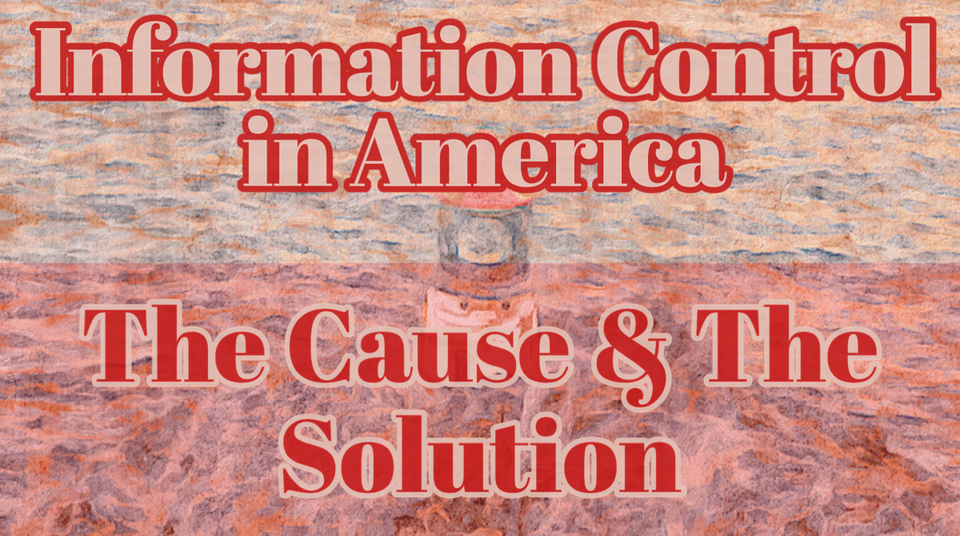
I can find every censorship software, technique, developer, and host. I can find every high-tech propaganda software and technique. I can give you the list of ~36 organizations and you could punish them for their actions.
But that wouldn't solve the root of the problem.
A Brief History of American Information Control
A hundred years of the public interest standard was applied to radio and television. The explicit goal was preserving free speech. The very opposite was the case (John Samples and Paul Matzko). 1
A 1920-30s radio host, Bob Shuler, had exposed the Julian Petroleum Corporation's defrauding of investors, and subsequently accused the district attorney and city prosecutor of negligence. Shuler also exposed the Los Angeles mayor’s ties to organized crime. The payment for Shuler’s deeds was the loss of his station. He became the first casualty of “public interest”. 1
The public interest standard was enforced by the Federal Radio Commission (FRC) and later the Federal Communications Commission (FCC). The FRC leveraged legislation and intimidation to steer public discourses towards the interests of the current administration.
The New Deal-era FCC used control of limited government licenses to cull anti-N.R.A advertisements. The Yankee Network was one such example. The FCC also targeted their least regulated foe (newspapers) by limiting them to the weaker A.M. frequencies.
Subjective auditing also became a common tool:
during the election of 1964, the Democratic National Committee used Fairness Doctrine complaints to intimidate radio stations into dropping broadcasters who supported Republican presidential nominee Barry Goldwater and to secure free airtime for the Lyndon Johnson campaign, some 1,700 free broadcasts in the final weeks before the election. 1
Where Kennedy had targeted independent radio stations, Nixon rendered broadcast television inept and imposed ownership limits.
The public interest standard appealed to “security” and “knowledge”, not unlike control online today.
The Unspoken Public Interest of Today
Modern information control appears to stem from the “private sector”; and indeed, when the right-leaning expose censorship, the left-leaning respond: “they are private companies!” If only...
The left's seizure of social media and search engines led to preferential treatment of leftist news; 3 discriminatory content moderation; 4 disseminating propaganda and false psychology pages to politically indoctrinate users; 5 and unprecedented network control during the 2020 election. 6 Reminiscent of the old standard, the left cites justifications of "hate" and "extremism" that I have repeatedly refuted in objective analysis. 7 8 9 10 11
This new public interest standard under the banner of leftism has government origins as well.
In an obscure process, the state tampered with the digital markets by (1) slandering the chosen platform's competitors and by (2) creating a market for information control with the promise of large sums of money to developers and willing “researchers.” 13 The "research" of course, justifies the use of authoritarian means while also serving as the regurgitated talking points of the left.
Simply put, the state takes money from us, gives it to useful actors, and slanders the competition for not having those state-funded services. Their effort remained undetected due to the funding of charitable groups which are embedded into the search functions and other features of the platforms. 13 These are not "organizations” but services, albeit manipulative services.
It is unlikely that (significant) censorship/redirection would have occurred without intervention. The chosen platforms’ users still have the ability punish them, after all. 14 Hence, the chosen platforms still have to obey the principle of reciprocity.
More specifically, they have to obey the principle of reciprocity more than government, but less than other economic agents.
Antitrust Enforcement?
Censorship and propaganda online cannot merely be summarized as "they are private businesses” because we were forced to pay for it in taxes; so why call for even more state intervention?
The proper way to deal with evil is first to identify its very principle; only then can this evil be abolished. Intervention and regulation, instead of banishing evil, only institutionalize it, and use public coercion to promote and continue this evil in official ways, instead of dispelling it. If government somehow monopolized the efforts to keep other monopolies in check, the urgent thing to do is not to use this government monopoly, but to abolish it 15
Antitrust rarely tackles the problem, as was the case with Microsoft in 2000 where illegal activity was not addressed, and legitimate, benign behavior was punished. 15
The inefficacy of antitrust results from an arbitrary de facto definition of 'monopoly’ - that a business is a monopoly because it is large and has few or no competitors. Clearly this is arbitrary if we consider inventions/innovations: by the de facto definition, the entrepreneurs involved would constitute a monopoly since new products necessarily means that no competitors exist yet.
Not only is size arbitrary, but so is sector. Due to specialization of tasks, no business is the same. Anything is a de facto monopoly. This may sound silly, and that is the point – if law is arbitrary, it can be used tyrannically. The state could choose who to target, similar to how it chose targets in the public interest era…similar to how it is currently choosing in the digital market of today.
The de facto definition also excludes the argument of virtual competitors – potential competitors. For example, what is stopping a de facto monopoly from artificially raising prices? After all, that is the predictions of modern antitrust scholars, yet it rarely happens. The business could face retribution from a new rival that capitalizes on customers unhappy with the “price gouging”, so the antitrust scholar’s prediction fails.
The de facto monopoly cannot exclude competitors by force, which is what a true (de jure) monopoly is before statists corrupted the term.
Criteria based on law and other legal constraints define monopolies in law: there is a (quasi)monopoly in law when laws (or any kind of rules enforced by the use of public force) establish a monopoly by preventing customers from seeking providers not blessed by the political power, or equivalently by preventing potential competitors from providing services that compete with those from the protected provider(s). To a libertarian, such laws that promote a de jure monopoly are an assault on the liberties of consumers and competitors, even when they fail to result in a monopoly in fact.” 15
The antitrust scholar has contributed to public ignorance of what constitutes fair and unfair economically, to an arguably greater extent than any other scholar.
Government intervention, subventions, privileges, regulations, taxes, differential treatment, legal discriminations, and all pieces of legislation, are indeed coercive destruction of riches that generate de jure monopolies. Often, this intervention takes the form of laws enacted in the name of the ``public welfare´´, that limit the freedom to contract: the government forces certain transactions to take certain forms, with employers, landlords, retailers and others being bound to conditions not born from the mutual interests of exchangers: minimal and maximal prices, minimal and maximal limitations in the schedule, duration, quality and other conditions of work, of housing, of retail, etc.” 15
The chosen platforms have de jure monopoly status due to state intervention. Size is only a factor within the state’s calculations of what businesses would be more useful to control a population. After all, it is no coincidence that leftist propaganda - placed in front of us by organizations paid by the state - happens to be indistinguishable from state propaganda in the modern setting.
References
[1] John Samples, Paul Matzko. "Social Media Regulation in the Public Interest: Some Lessons from History". Knight First Amendment Institute at Columbia University.
[2] "Audio and Podcasting Fact Sheet". PEW Research. (2021).
[3] "How Widespread is Censorship?". The ARKA Journal.
[4] "Shadowbanned". The ARKA Journal.
[5] "How Far-Leftism is Forced On Us". The ARKA Journal.
[6] "Propaganda and the Nationwide Monitoring of Conservatives during the 2020 Election". The ARKA Journal.
[7] "The False Agenda". The ARKA Journal.
[8] "America is not Racist". The ARKA Journal.
[9] "Progressive Movements – How Unscientific and Harmful are They?". The ARKA Journal.
[10] "A Hidden War on Free Speech: Google's Jigsaw". The ARKA Journal.
[11] "The World's Leading Brainwasher: Moonshot". The ARKA Journal.
[12] James Lindsay. "The Social Work of Education". New Discourses.
[13] "Oppression of Information and Modern Propaganda: State Intervention". The ARKA Journal.
[14] "The Infinite Dial 2019". Edison Research.
[15] François-René Rideau. "Government and Microsoft: a Libertarian View on Monopolies".
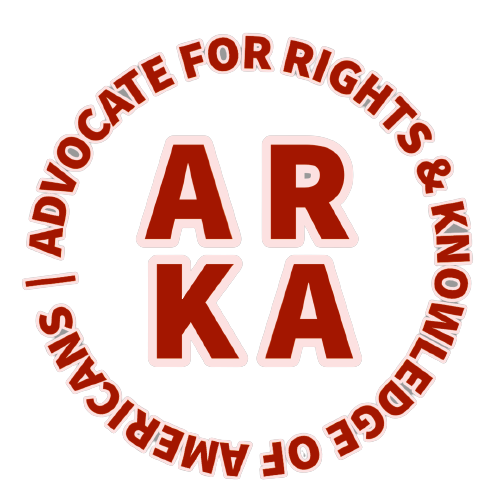
![A Religion Called "Psychology" & the Bully Myth [Part II]](/content/images/size/w750/2022/10/bully2.PNG)
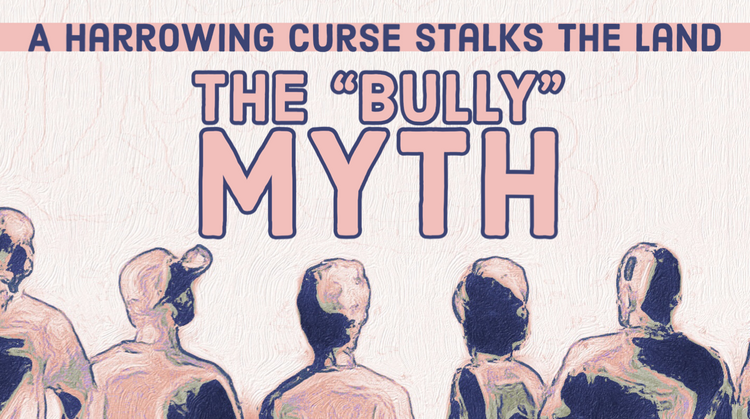
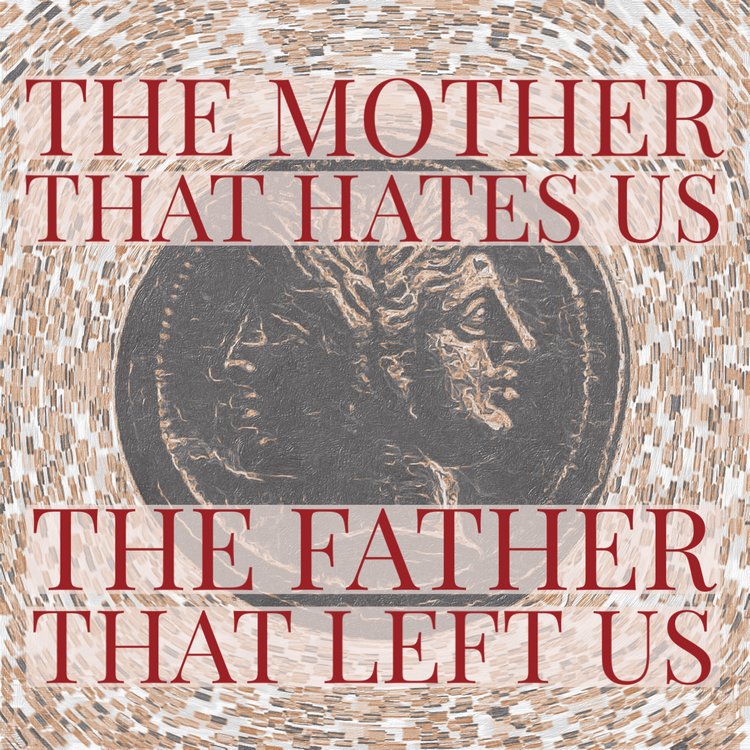
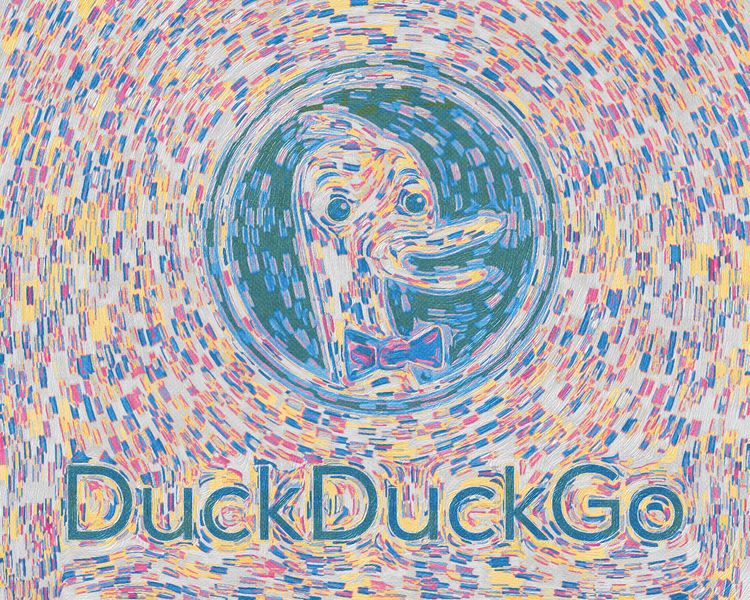
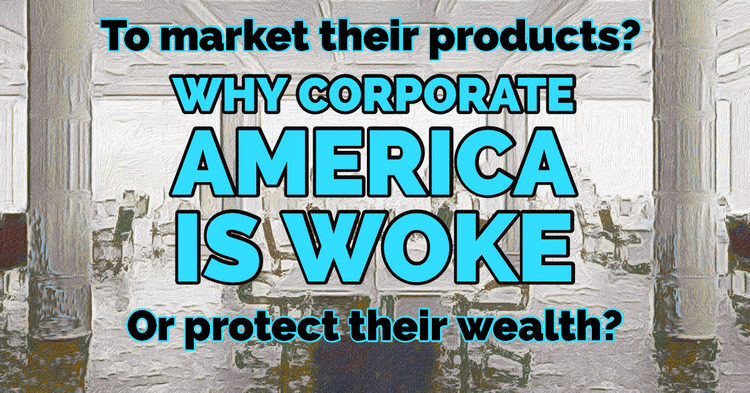
Member discussion